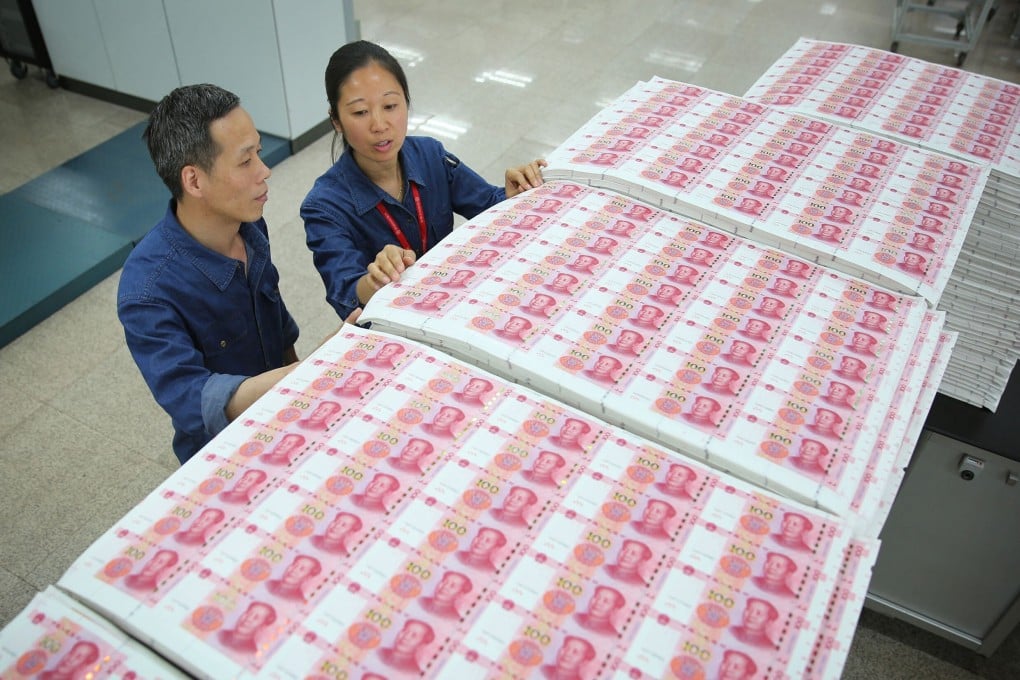China welcomes bigger role for yuan in de-dollarised Russian sovereign wealth fund
- Moscow’s move reflects confidence in Chinese economic development, foreign ministry says
- Drive to shed US currency comes as both countries come under American sanctions pressure

Chinese foreign ministry spokesman Wang Wenbin said on Friday that China would continue to deepen mutually beneficial cooperation with Russia, firmly support each other in international and regional affairs, and safeguard the common interests of the two countries.
The support came after Russia’s US$186 billion sovereign wealth fund said last week that it had completed a plan to cut its US dollar holdings to zero and boost holdings denominated in yuan and euros as part of efforts to reduce its vulnerability to US sanctions.
Russia’s Finance Ministry said that as of July 5 the yuan accounted for 30.4 per cent of the National Wealth Fund’s holdings, while almost 39.7 per cent was in euros. It also cut the share of British pounds to 5 per cent and raised the amount in gold to 20.2 per cent.
Finance Minister Anton Siluanov last month announced plans to sell the remaining US$40 billion in US dollar assets from the fund’s portfolio. The decision is in line with actions by the Bank of Russia, the central bank, which has dumped dollar-denominated reserves in favour of gold.